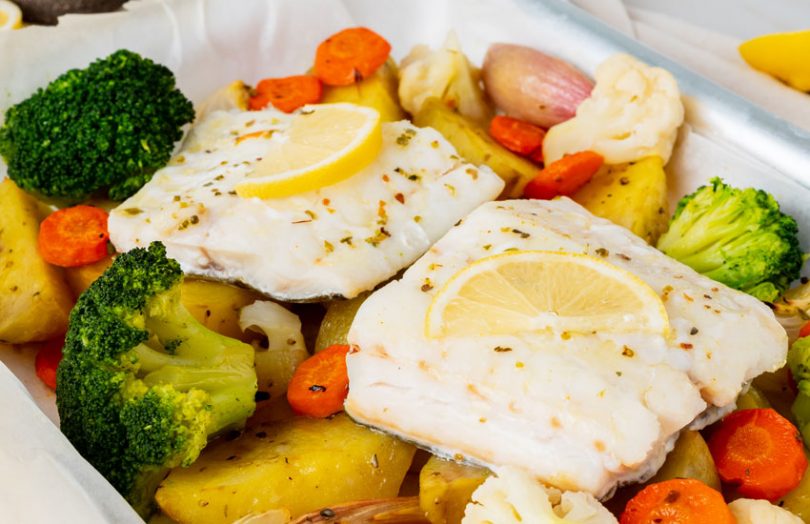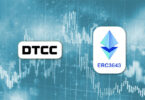Today EY announced it was selected by frozen food distribution firm Bofrost Italia to create a food traceability blockchain solution. The project aims to give customers a transparent view of the origin of their frozen food, claiming to be one of the first of its kind.
The traceability solution will be developed in EY’s OpsChain platform, which is specifically for creating enterprise distributed ledger technology (DLT) systems. This project will run on Ethereum’s public blockchain, though the OpsChain platform also has a private permissioned version as well.
Bofrost Italia plans to go live on the system by next month, enabling customers to scan a QR code and read up on the product’s supply chain history. The first products will be frozen cod fillets and artichoke hearts.
The traceability of fish is not a new application of DLT, but Bofrost and EY add plenty of functionality. Consumers will be able to see when the fish was caught, how it was caught, and even the location of the vessel. As a frozen product, information on storage, historical temperature, and quality controls will be available.
As for vegetables, scanning the QR code gives customers details on the supplier, where the product was cultivated, and the above storage information.
“We started with fish and vegetables because they represent two fundamental categories for Bofrost Italia and they’re two of our most popular products in our ‘natural’ selections,” explained Gianluca Tesolin, Managing Director of Bofrost Italia.
“Digital innovation is revolutionizing the food supply chain and, in this case, the key word is blockchain, which works as a ‘virtual notary’ to record every step of the production chain in an unalterable manner,” he continued.
Meanwhile, EY is also optimistic about this collaboration, as one of the first to employ its public blockchain based solution which was unveiled in April.
The firm’s Global Blockchain Leader, Paul Brody, stated: “The decision by Bofrost Italia to go with EY OpsChain is a further endorsement of the efficiency and scalability that comes with public networks. No suppliers will be forced to join a proprietary, closed blockchain network.”
Bofrost Italia hopes to engage consumers and empower them to “make informed purchasing choices,” in the words of Tesolin, “based on verifiable information regarding the origin, quality and safety of our products.”
A Norwegian arm of EY developed a blockchain solution for the salmon supply chain last month, competing in the fish traceability market with IBM and SAP. Frozen food is a less active blockchain application but perhaps one of the most important, and has seen a high profile solution by NTI for Australia’s beef industry.






